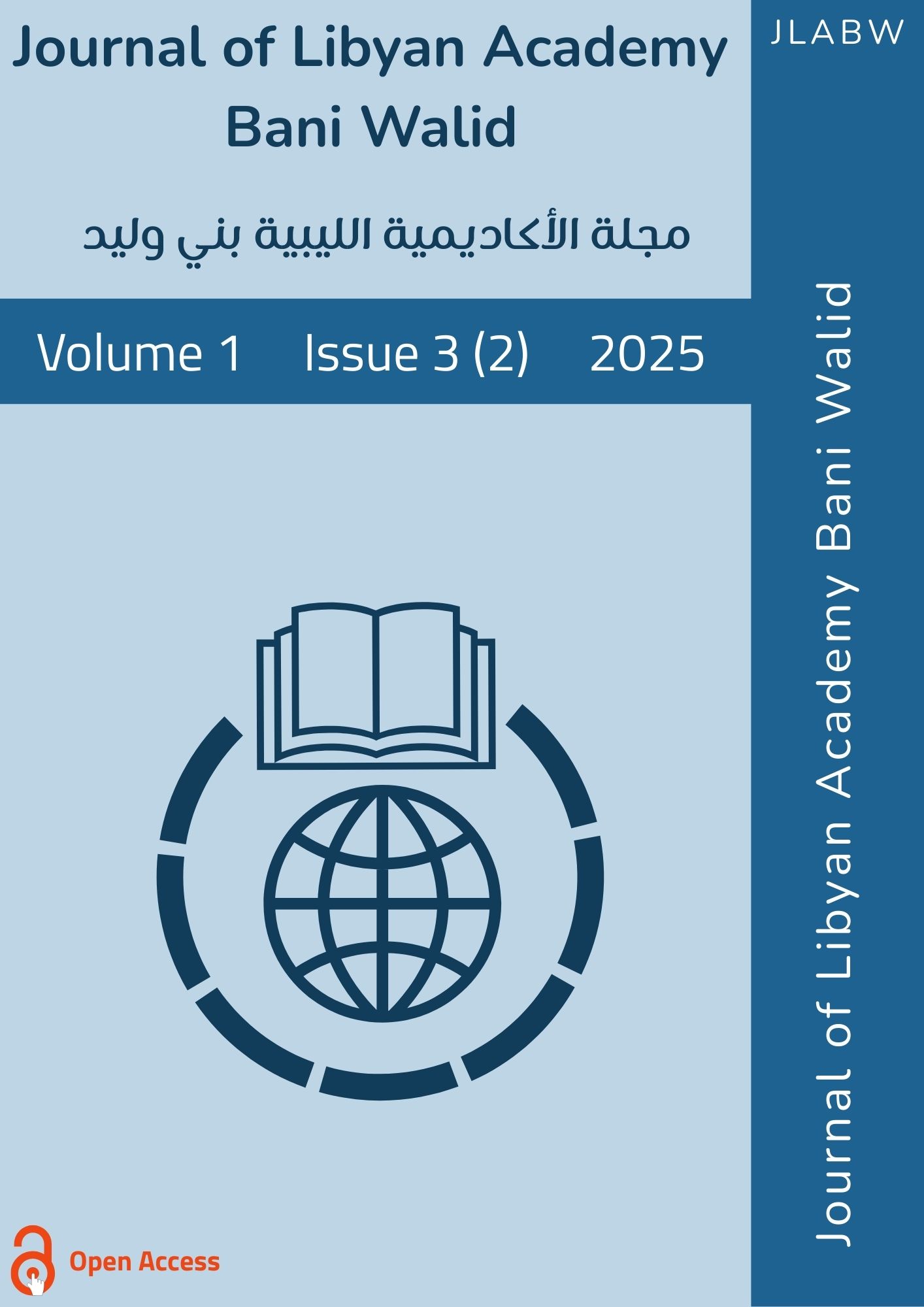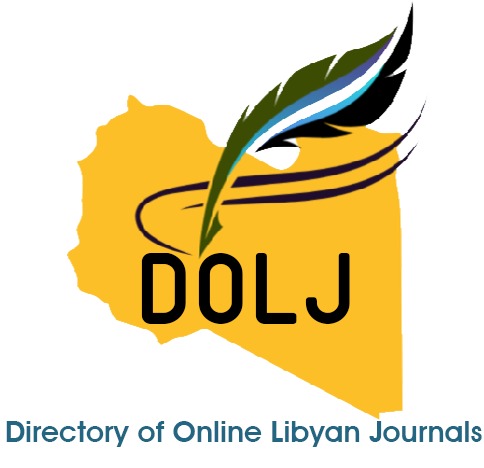The Right of the Palestinian People to Self-Determination and the Legitimacy of Their Resistance
DOI:
https://doi.org/10.61952/jlabw.v1i3.200Keywords:
Palestine, resistance, right to self-determination, terrorism, international lawAbstract
This research aims to analyze the political and legal foundations affirming the Palestinian people’s right to self-determination and the legitimacy of their resistance against occupation. It also seeks to distinguish between legitimate resistance and terrorism through clear legal criteria, refuting the accusations that equate the two.
The study adopts a descriptive-analytical methodology and a legal approach in examining relevant international texts, such as the United Nations Charter and the 1977 Geneva Conventions.
The research concludes that the Palestinian people’s right to self-determination and the legitimacy of their resistance are firmly rooted in international law. However, this legitimacy faces significant challenges due to the influence of major powers, which has rendered many international resolutions supporting these rights practically ineffective. The study also confirms that the conflation of resistance with terrorism is a deliberate attempt to delegitimize the Palestinian struggle and justify Israeli military actions.
Based on these findings, the study recommends intensifying Arab and international efforts to raise global legal awareness of the Palestinian people’s right to establish their state and the legitimacy of their resistance. It also calls for refuting the Israeli narrative that equates resistance with terrorism, while exposing the practices of state terrorism against the Palestinian people. Furthermore, it stresses the need to activate international legal mechanisms, such as the International Court of Justice and the International Criminal Court, to hold Israel accountable for its violations. Finally, it emphasizes supporting peaceful popular resistance, which enjoys broader international sympathy as an effective means of pressure.
References
أولاً: المصادر
ابن الأثير، علي محمد عبد الكريم عبد الواحد. (الكامل في التاريخ). تحقيق: محمد عبد السلام. بيروت: دار صادر، 1997م.
ابن بسام، أبو الحسن علي بن بسام. (الذخيرة في محاسن أهل الجزيرة). ليبيا، تونس: الدار العربية للكتاب، 1978م.
ابن الخطيب، لسان الدين. (أعمال الأعلام لِمَن بُويع قبل الاحتلام من مُلوك الإسلام). تحقيق: ليفي بروفنسال. بيروت: دار المكشوف، 1956م.
ابن خلدون، عبد الرحمن. (العبر وديوان المبتدأ والخبر في أيام العرب والبربر ومن عاصرهم من ذوي السلطان الأكبر) (المقدمة). ط2. دار الفكر، 1987م.
المراكشي، عبد الواحد. (المعجب في تلخيص أخبار المغرب). تحقيق: محمد عبد الله عنان. دار المعارف، 1912م.
تم تصحيحه من الإدريسي إلى المراكشي، وهو المرجع الأقرب للكتاب المذكور في المتن.
المقري، أحمد بن محمد. (نفح الطيب من غصن الأندلس الرطيب). بيروت: دار الفكر، 1929م.
الناصري، أحمد بن خالد. (الاستقصا لأخبار دول المغرب الأقصى). بيروت: دار الكتب العلمية، 2001م.
ثانياً: المراجع
المدني، أحمد. (النهب الثقافي في تاريخ الغرب). جريدة الاتحاد الاشتراكي، منشورات موقع مفرس.
العمراني، محمد. (النخبة الأندلسية المثقفة في خدمة الخلافة الموحدية). المجلة التاريخية، العدد 36، يونيو، 2007م.
العلي، حيدر عبد الرزاق. (الاغتيالات السياسية في الأندلس حتى نهاية الدولة الأموية). رسالة ماجستير (غير منشورة)، كلية الآداب، جامعة البصرة، 2015م.
بن أحمد، فؤاد. (منزلة التمثيل في فلسفة ابن رشد). بيروت: منشورات صفاف، 2014م.
عبد الغني، إسماعيل عبد الكريم. (فساد القضاء الأندلسي منذ قيام الموحدين حتى سقوط غرناطة). مجلة العلوم الاجتماعية، المجلد 69، العدد 69، 2025م.
عنان، محمد عبد الله. (دولة الإسلام في الأندلس). مصر: مكتبة الخانجي، 2001م.
كعوان، علي عبد السلام. (علماء الأندلس الذين كانت لهم رحلة إلى المشرق الإسلامي خلال القرنين الثالث والرابع الهجريين، التاسع والعاشر الميلادي). رسالة ماجستير (غير منشورة)، كلية الآداب، جامعة الفاتح، 2007م.
مؤنس، حسين. (تاريخ الأندلس من الفتح الإسلامي حتى سقوط غرناطة). القاهرة: دار المعارف، 1957م.
قطب، محمد. (مذاهب فكرية معاصرة). القاهرة: دار القلم، 1987م.








